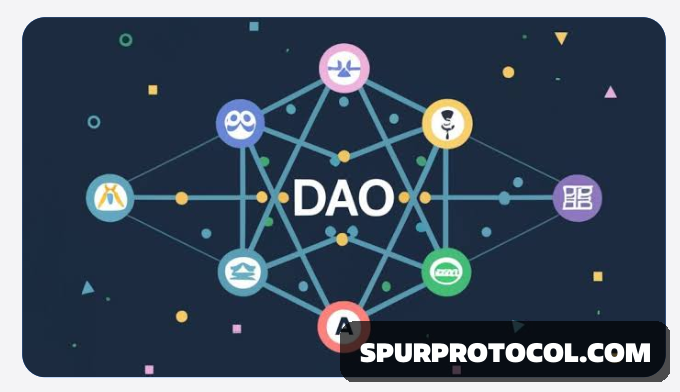What Are The Challenges In Regulating DAOs?
Regulating Decentralized Autonomous Organizations (DAOs) poses a number of complex challenges due to their unique structure, technology, and governance models. Here are the key regulatory challenges
Go Back

🕒 5:31 AM
📅 Jun 29, 2025
✍️ By prejworld
1. Lack of Legal Personality
Problem: Most DAOs are not registered as legal entities.
Impact: Makes it difficult to assign liability, enforce contracts, or hold anyone accountable in legal disputes.
2. Jurisdictional Ambiguity
Problem: DAOs are global and operate on the blockchain, often without ties to a specific country.
Impact: Regulators struggle to determine which laws apply and where enforcement actions can be pursued.
3. Anonymity and Pseudonymity
Problem: DAO members and contributors often use pseudonymous blockchain identities.
Impact: Difficult to apply Know Your Customer (KYC) and Anti-Money Laundering (AML) regulations.
4. Decentralized Governance
Problem: Decision-making is spread across token holders or smart contracts.
Impact: No centralized entity to regulate or hold responsible; actions may be automated and not easily reversible.
5. Code vs. Law
Problem: DAOs operate based on smart contracts — “code is law.”
Impact: Bugs, exploits, or unintended consequences in code may not be clearly addressed under traditional legal frameworks.
6. Securities Regulation
Problem: DAO tokens may resemble securities under laws like the U.S. Howey Test.
Impact: DAOs risk violating securities laws if tokens are sold to raise funds without proper registration.
7. Taxation Difficulties
Problem: DAOs lack clear financial reporting mechanisms.
Impact: Tax authorities struggle to track profits, distributions, or assess taxable events accurately.
8. Consumer Protection
Problem: Users interacting with DAOs might not understand the risks involved (e.g., hacks, governance changes).
Impact: Traditional consumer protection laws are hard to enforce, especially in DeFi DAOs.
9. Regulatory Arbitrage
Problem: DAOs can be structured to avoid regulation by exploiting loopholes or operating from lenient jurisdictions.
Impact: Creates an uneven playing field and regulatory gaps.
10. Technology Outpacing Law
Problem: Lawmakers and regulators often lag behind the rapid development of DAO technologies.
Impact: Delayed or ineffective responses can lead to unregulated risk-taking or financial harm.
